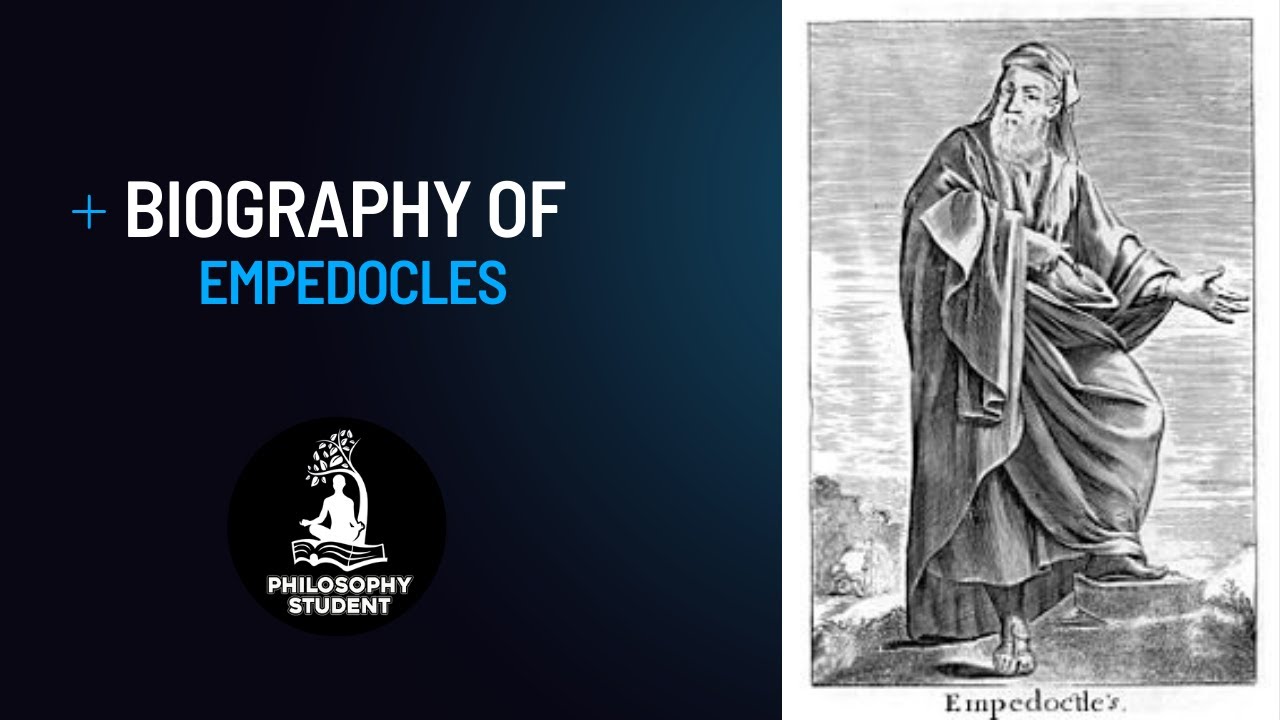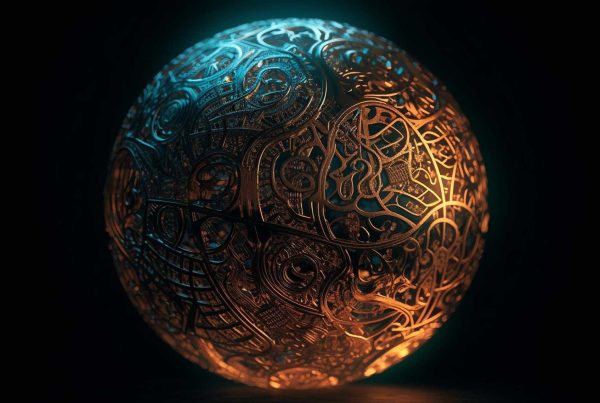Active in the mid-fifth century BC, Empedocles of Acragas was one the most important of the Pre-Socratic philosophers and the last Greek philosopher to write in verse. He is best known for his theory of the four elements—air, water, earth, and fire—of which everything is made, and for the two “active principles,” the divine powers Love and Strife, a controlling opposition that influenced subsequent philosophers, physicians, mystics, cosmologists, and theologians. Empedocles may be considered a transitional figure in ancient philosophy, inhabiting an intellectual landscape between mythos (religion) and logos (science).
Born about 494 BC, in Acragas—modern Agrigento, Sicily—Empedocles was among those portrayed in Diogenes Laertius’s Lives and Opinions of Eminent Philosophers, a work from the third century AD. Unfortunately, the accounts in this volume are often of more fictional than historical interest. It is believed, however, that Empedocles was born to an aristocratic family, studied philosophy with Parmenides of Elea, and became an intellectual follower of Anaxagoras and Pythagoras. He may have been a talented political orator, an opponent of tyranny, and an advocate of democracy. Aristotle (in the Sophist) credits him with having invented rhetoric. Other sources report his having been a prominent physician, who founded a school of medicine in Sicily. Legendary history reports his suicide, about 434 BC, by leaping into an erupting Mt. Aetna.
Fragments of papyrus text have been attributed to Empedocles, but it is only Diogenes Laertius who attributes to him two philosophical poems, Purifications and On Nature.
Purifications may be a fragment of Empedocles’ philosophical system or it may merely be a fragment of a treatise on ritual purification. Most modern scholars believe it is, in fact, a fragmentary part of On Nature, which did outline his philosophical system. In its intact form, this work apparently accounted for the nature and history of the universe, including the four elements, and also outlined theories on causation, perception, and thought, with additional observations on various terrestrial phenomena and biological processes. What is clear is that Empedocles combined a mystical belief in the Orphic mysteries with a scientific approach to what we might call a proto-physics.
Empedocles held that the four elements were the fundamental and unchangeable foundation of reality, which were transfigured into a succession of worlds by the force of Love and Strife. Thus, each world was the product of what he called the “unity of opposites.”
The four elements are the constituents of a system in which nothing ever came into being. That is, all change is the result of the juxtaposition of unchangeable elements with other unchangeable elements. This cosmological and metaphysical explanation was so compelling that it held sway in Western thought for some two millennia. The four elements are not inert within themselves but are eternally and perpetually brought together and parted from one another by Love and Strife, which are the two divine creative powers. The four elements are the material of the universe, and Love and Strife bring about their variation and their harmony.
Empedocles theorized that there was a golden epoch in the history of the universe, in which the four elements coexisted with Love and Strife in a peaceful condition of restful inertia, taking the form of a perfect sphere. Love reigned within the sphere, while Strife stood sentinel at its edges. This so-called Sphere of Empedocles embodied pure existence, which, in turn, was a manifestation of God. Empedocles held that the universe was cyclical and would return to the balanced state for a time.
By way of explaining the separation of the elements, Empedocles developed a cosmogony accounting for the formation of earth and sea, of sun and moon, and the atmosphere. He extended the account to the origin of life and human physiology. Some consider this a distant adumbration of Darwinian evolution. Likewise, his theory of light and vision—we see objects because light streams out of our eyes and touches them—served as the basis for the work of Euclid and others. Empedocles not only discussed perception and sensation, he extended these subjects into the realm of epistemology, arguing that our senses are narrow and cannot alone lead us to truth, which is the province of the philosopher.




































